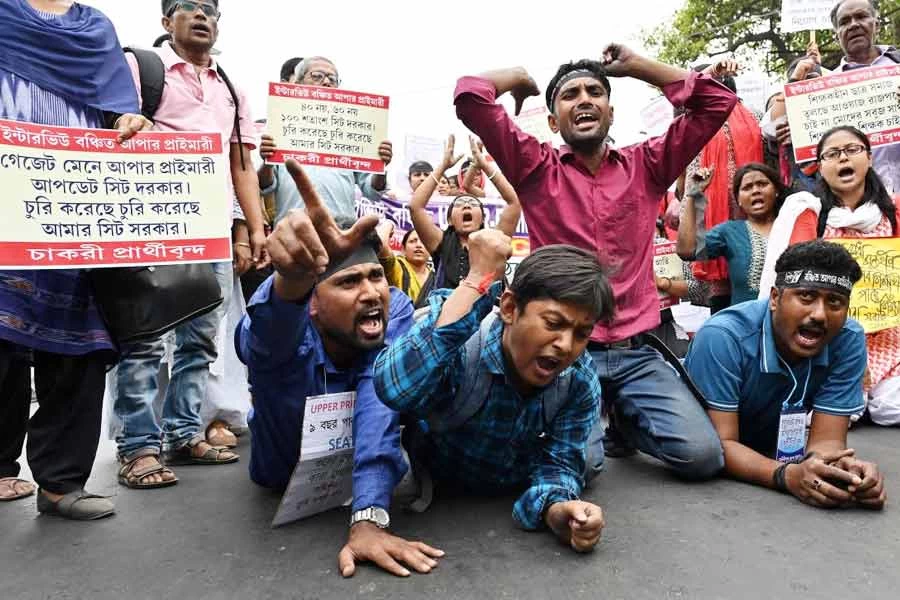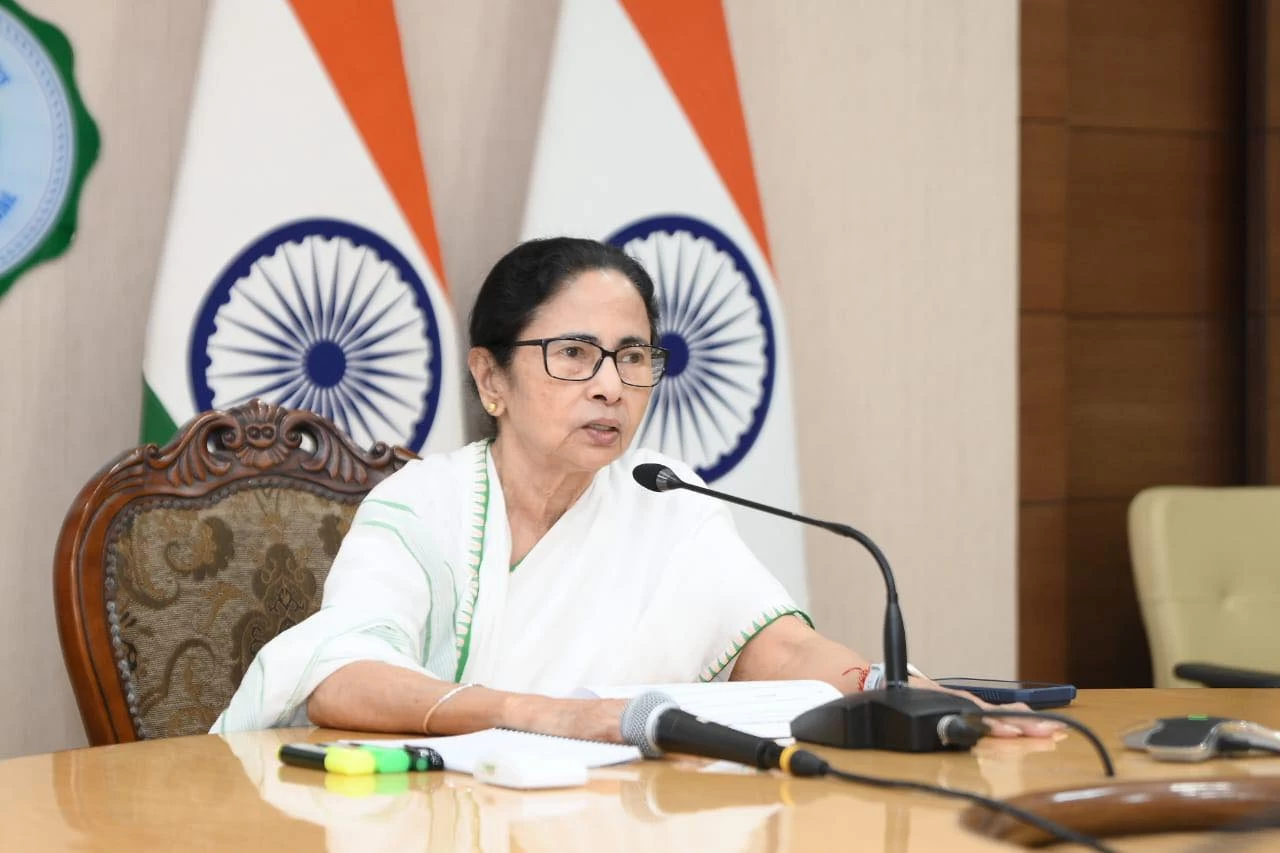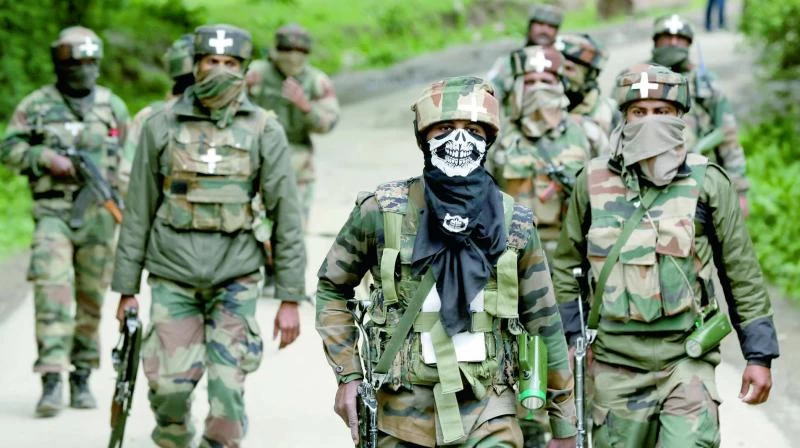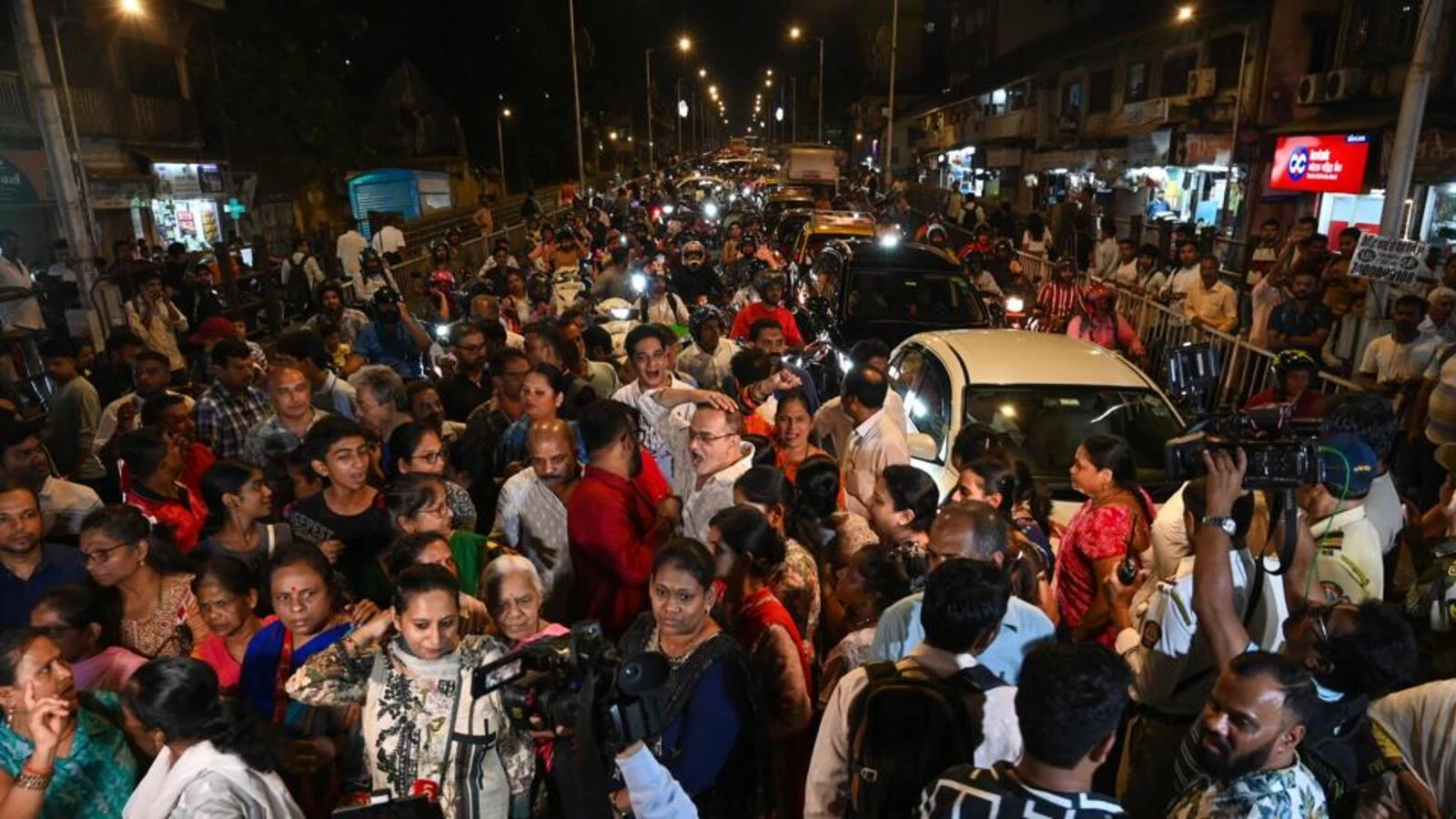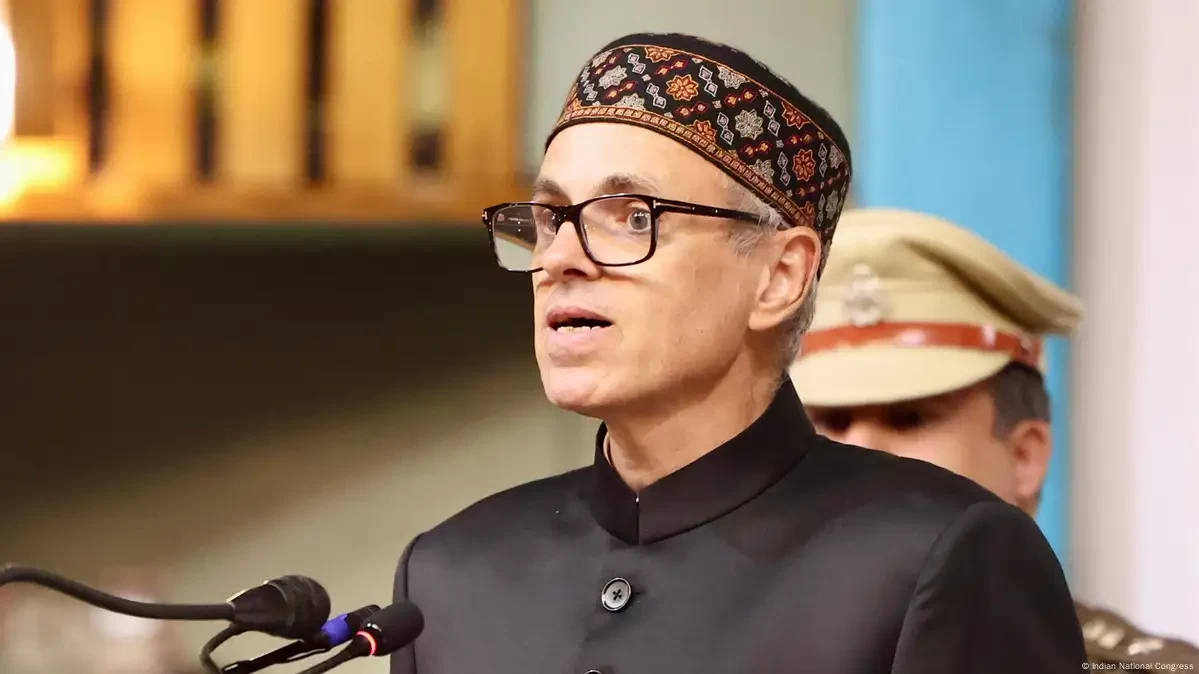Latest Updates
“J&K Didn't Retain Sovereignty When It Joined Union Of India”: SC Upholds Constitutional Validity Of Abrogation Of Article 370, Directs To Conduct Assembly Elections by September 2024
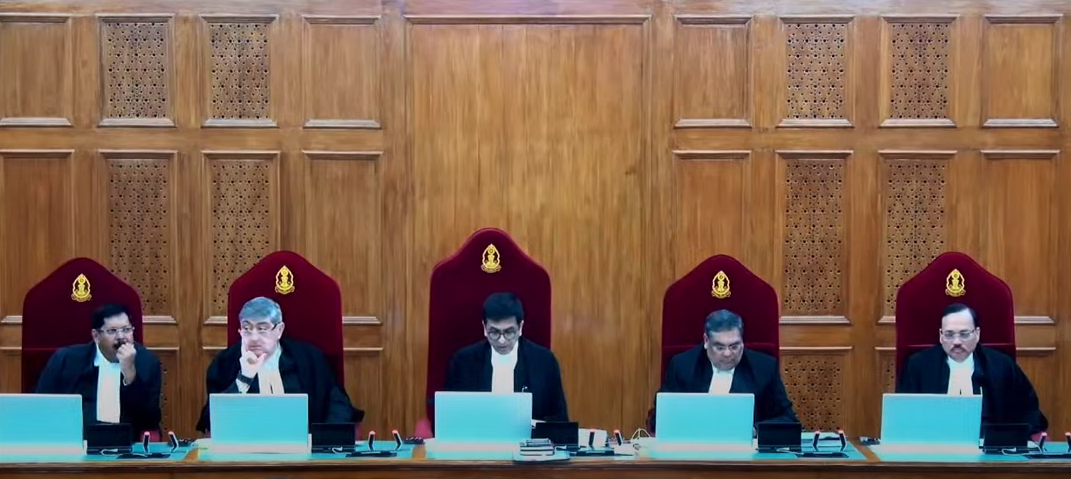
The constitution bench of the Supreme Court led by CJI DY Chandrachud on Monday upheld the constitutional validity of the abrogation of Article 370 that allowed special status to Jammu and Kashmir. The bench while stressing that “Jammu and Kashmir is an integral part of India” said that after joining the Union of India through accession the state of Jammu and Kashmir seized to have any element of sovereignty separate from the sovereignty of India as enshrined in the preamble. The bench observed that Article 370 was a temporary measure.
“The state of Jammu and Kashmir doesn't retain any element of sovereignty after IoA , J&K doesn't have internal sovereignty distinguishable from other states and Union Territories. Article 370 is a feature of asymmetric federalism and not sovereignty. Article 370 was a temporary power. Power under Article 370(3) did not cease after the J&K Constituent Assembly ceased to exist. Article 370 cannot be amended by exercise of power under Article 370(1)(d)” said CJI DY Chandrachud while reading out the operative part of the judgement.
The bench gave judgment over 23 clutch petitions challenging the constitutional validity of the abrogation of Article 370 in 2019 that essentially scrapped the state's special status. The petitions were argued and held for 16 straight days by the bench and the judgement was reserved on September 5, 2023. The Bench also included Justices S K Kaul, Sanjeev Khanna, B R Gavai, and Surya Kant. There were two judgments but the decision to uphold the constitutional validity of abrogation of Article 370 in J&K was a unanimous one.
The bench has considered the assurances from Solicitor General Tushar Mehta and has directed the holding of elections in the state by September 30, 2024, and the restoration of statehood as soon as possible.
"The J&K constituent assembly was not intended to be a permanent body. It was formed only to frame the Constitution. The recommendation of the Constituent Assembly was not binding on the President…When the constituent assembly ceased to exist, the special condition for which Article 370 was introduced also ceased to exist. But the situation in the state remained, and thus the Article continued”, said the Supreme Court
The bench of the Supreme Court observed that Article 370 gave Jammu and Kashmir its own Constitution and decision-making rights for all matters barring defense, communications, and foreign affairs. Its removal ended the special status of the state. The Supreme Court also upheld the reorganization of Ladakh as a Union Territory.




